Ensuring the air quality in your home is paramount for your health and comfort, and the key to achieving this often lies in a component many overlook: the furnace filter. This guide dives deep into what furnace filters are, how they function, their usage, costs, and the top options available, providing you with all the information you need to make an informed decision.
Table of Contents:
– What is a furnace filter?
– How do furnace filters work?
– How to use furnace filters
– How much does a furnace filter cost?
– Top furnace filters
What is a furnace filter?
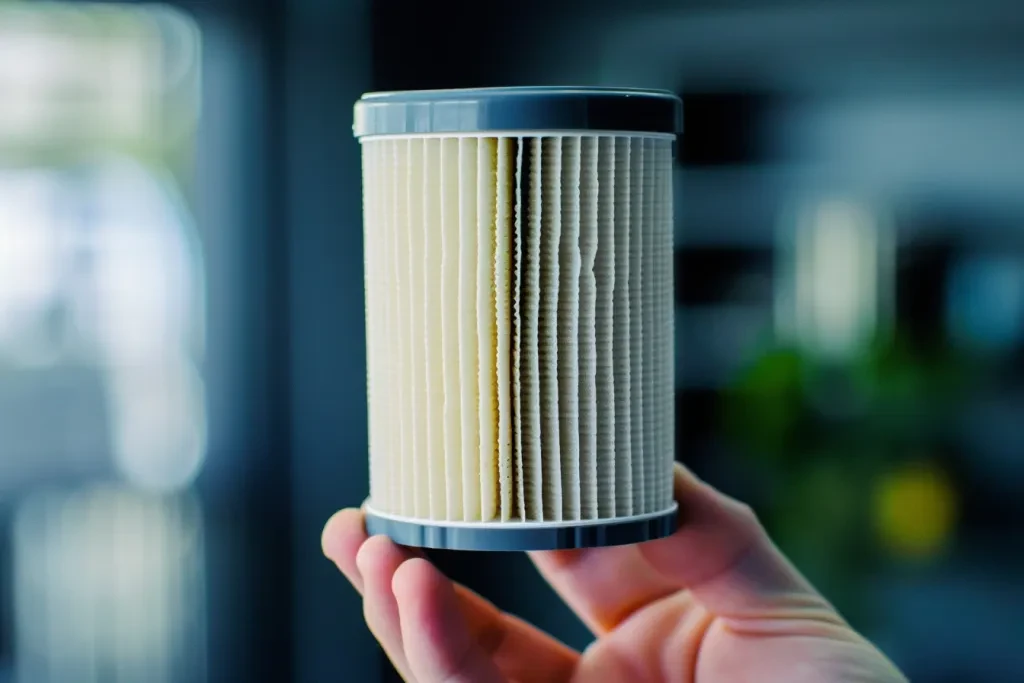
Furnace filters are an integral part of your home’s heating, ventilation, and air conditioning (HVAC) system. They are designed to trap and remove dust, pollen, bacteria, and other airborne particles from the air as it circulates through the system, ensuring that the air you breathe is clean. These filters not only improve air quality but also protect the furnace itself by preventing these particles from entering and potentially damaging the system. Available in various sizes and types, from disposable fiberglass filters to reusable electrostatic ones, choosing the right furnace filter can significantly impact your indoor air quality and the efficiency of your HVAC system.
How do furnace filters work?
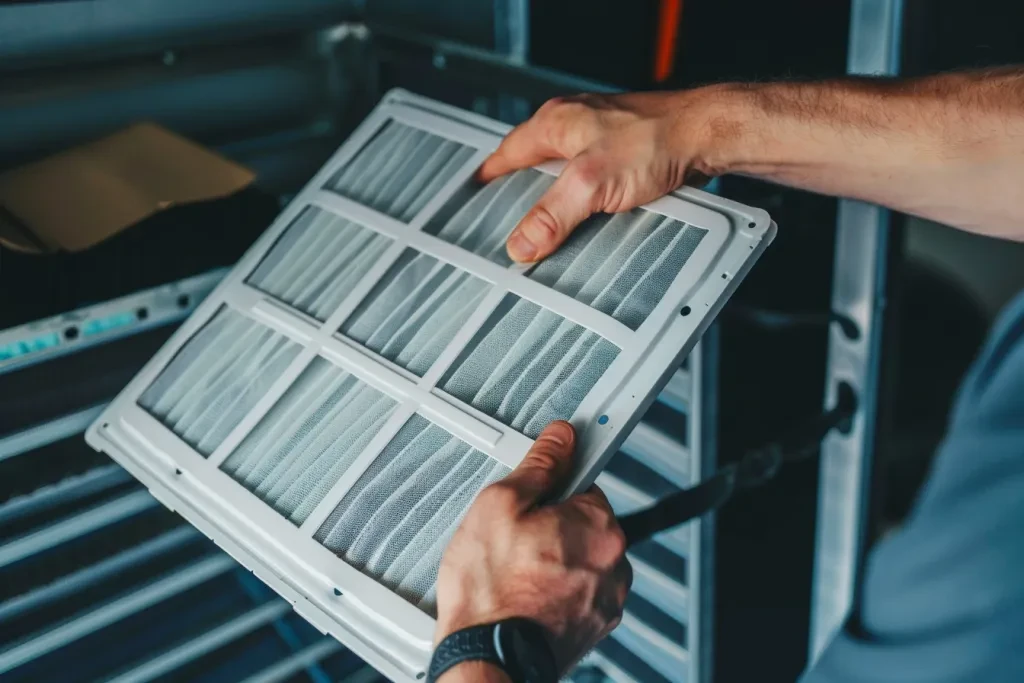
Furnace filters operate on a simple yet effective principle. As air is drawn into the furnace for heating, it first passes through the filter. The filter’s media, made from materials such as fiberglass, cotton, or synthetic fibers, captures and holds particles within its fibers. The efficiency of a furnace filter in trapping particles is measured by its MERV (Minimum Efficiency Reporting Value) rating, which ranges from 1 to 20. Higher MERV ratings indicate a greater ability to filter out smaller particles, providing cleaner air but potentially reducing airflow. Therefore, it’s crucial to find a balance between air quality and system efficiency when selecting a furnace filter.
How to use furnace filters
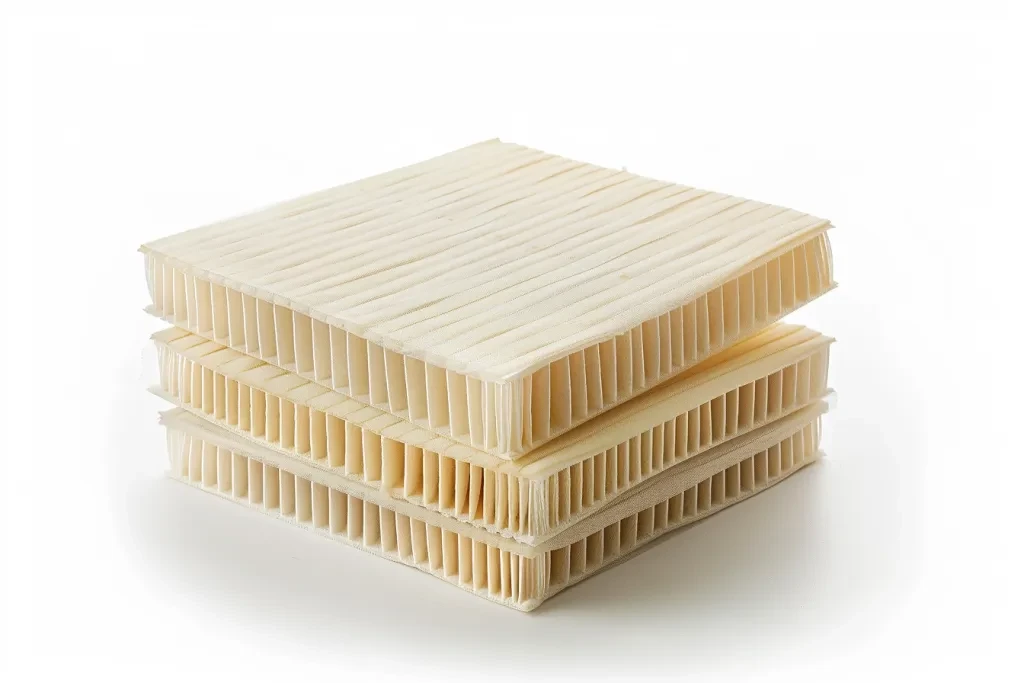
Using furnace filters effectively involves more than just installation. First, it’s essential to select the correct size and type of filter for your furnace, as this can significantly affect your HVAC system’s performance and the air quality in your home. Once you have the right filter, installation is straightforward: locate the filter compartment, usually found between the air return duct and the furnace, and insert the filter according to the airflow direction indicated on its frame. Regular maintenance is also crucial; filters should be checked monthly and replaced or cleaned (if reusable) every 90 days, or more frequently if you have pets or suffer from allergies.
How much does a furnace filter cost?
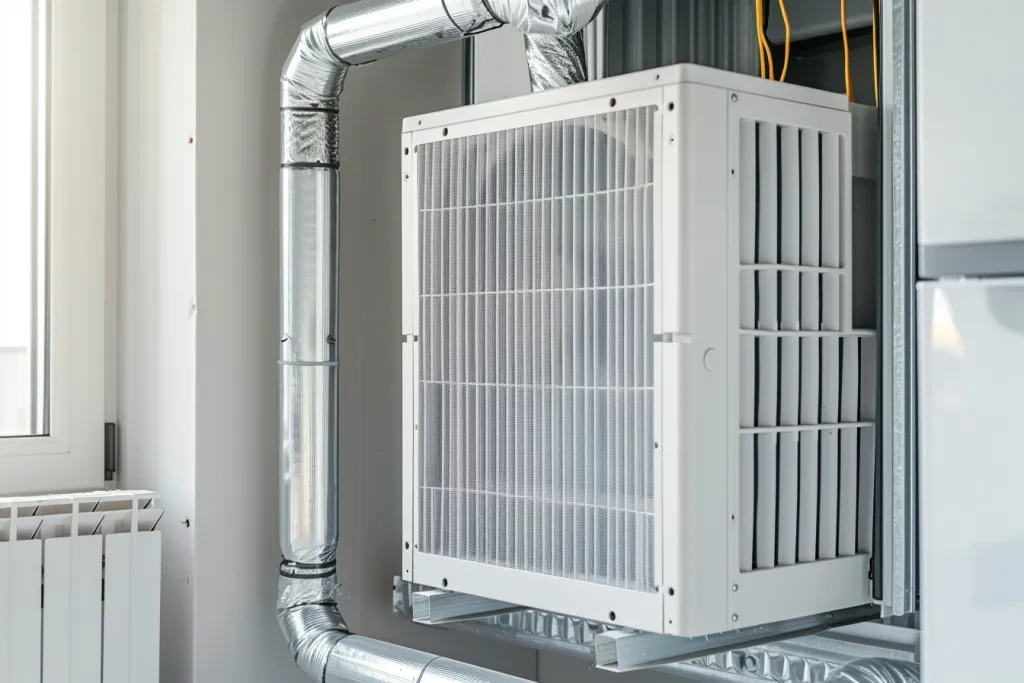
The cost of furnace filters can vary widely based on the type, size, and MERV rating. Disposable fiberglass filters, the most basic type, can cost as little as $1 to $4 each but offer minimal air cleaning capabilities. Pleated filters, which provide a higher MERV rating and better air filtration, can range from $5 to $20 per filter. For those seeking the highest air quality, high-efficiency particulate air (HEPA) filters are available but can cost $100 or more. While the initial investment in a higher-quality filter may be greater, the benefits of cleaner air and potentially lower energy costs due to improved furnace efficiency can offset the cost over time.
Top furnace filters
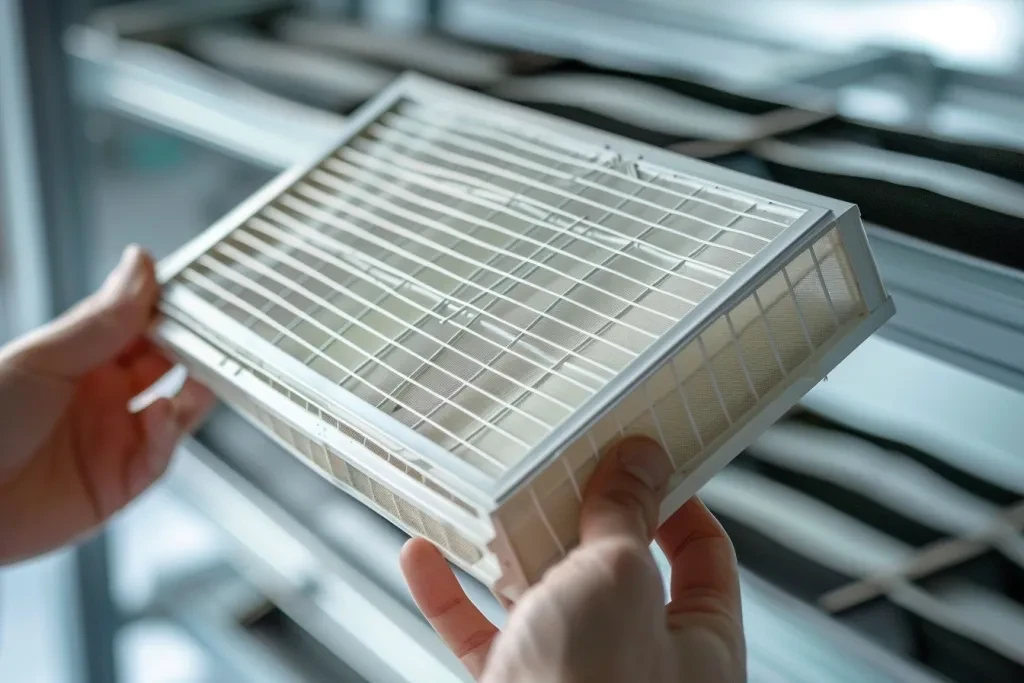
When it comes to selecting the best furnace filter for your home, several options stand out. The Honeywell Home MicroDefense AC Furnace Air Filter, with its high MERV rating and electrostatic charge that captures microscopic particles, is a top choice for those prioritizing air quality. The 3M Filtrete Ultra Allergen Filter is another excellent option, especially for households with allergy sufferers, thanks to its ability to trap small particles and allergens. For a budget-friendly yet effective solution, the Rheem Basic Household Pleated Air Filter offers good performance at a lower price point. Ultimately, the best furnace filter for you will depend on your specific needs, including air quality concerns, budget, and furnace requirements.
Conclusion:
Furnace filters play a crucial role in maintaining indoor air quality and protecting your HVAC system. Understanding how they work, how to use them correctly, and what options are available allows you to choose the best filter for your needs. While the cost of furnace filters can vary, investing in a high-quality filter can improve your home’s air quality and potentially save money on energy costs in the long run. With the right furnace filter, you can breathe easier and enjoy a healthier, more comfortable home.



